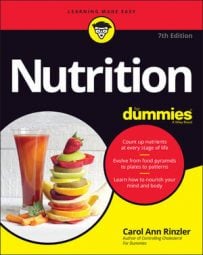Now Martha Clare Morris, a nutritional epidemiologist at Rush Alzheimer's Disease Center in Chicago, has put them together to create the MIND diet, short for Mediterranean-DASH Intervention for Neurodegenerative Delay, a mouthful in itself.
The MIND diet has 15 food categories: 10 are brain-healthy; 5, not so much.
The ten "good" foods are
- Berries
- Beans
- Fish
- Nuts
- Olive oil
- Poultry
- Vegetables (green leafy)
- Vegetables (everything else)
- Whole grains
- Wine
- Butter and stick margarine
- Cheese
- Fried or fast food
- Pastries and sweets
- Red meats
As for those other foods, less than a tablespoon of butter or stick margarine a day, less than one serving of fried or fast food a week (presumably, fast-food salads meet muster).
Does it work? The best proof that the Rush people can offer is the result of their five-year-long study of 960 adults average age 81 and older who were dementia-free at the start. Participants were asked to fill out food questionnaires, listing what they ate and how often they chose various foods.
Each year, they were given standardized tests of memory and their ability to interpret and act on visual cues. At the end, according to a report in Alzheimer's & Dementia, the journal of the Alzheimer's Association, those who followed the MIND diet to the letter reduced their risk of Alzheimer's by as much as 53 percent; those who sort of followed the diet reduced their risk by about 35 percent.

